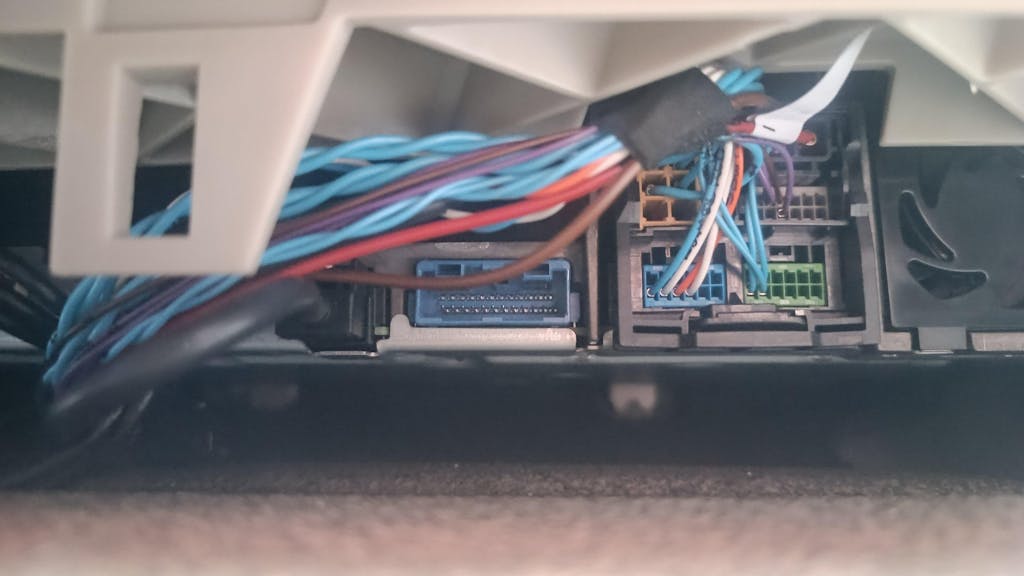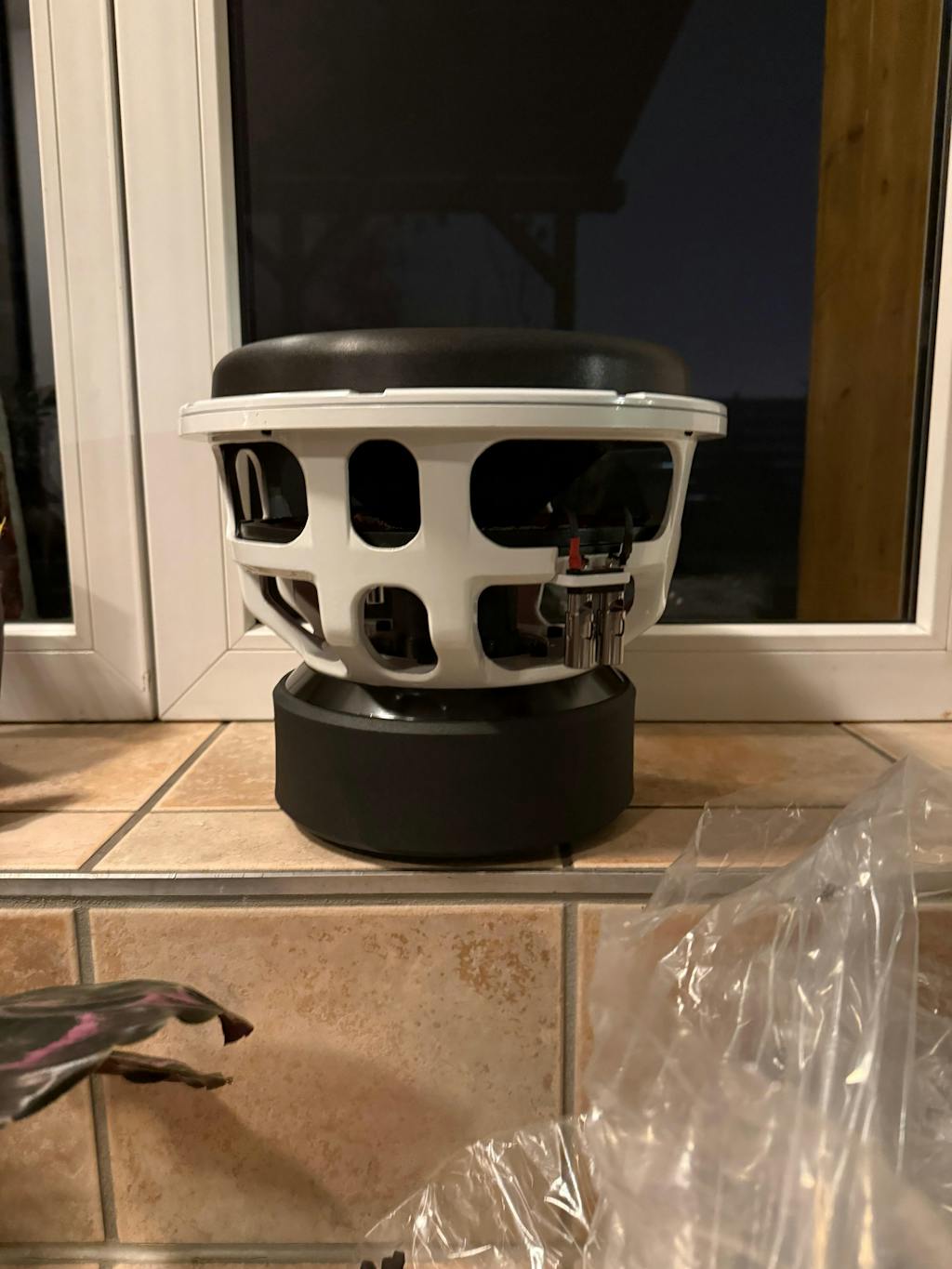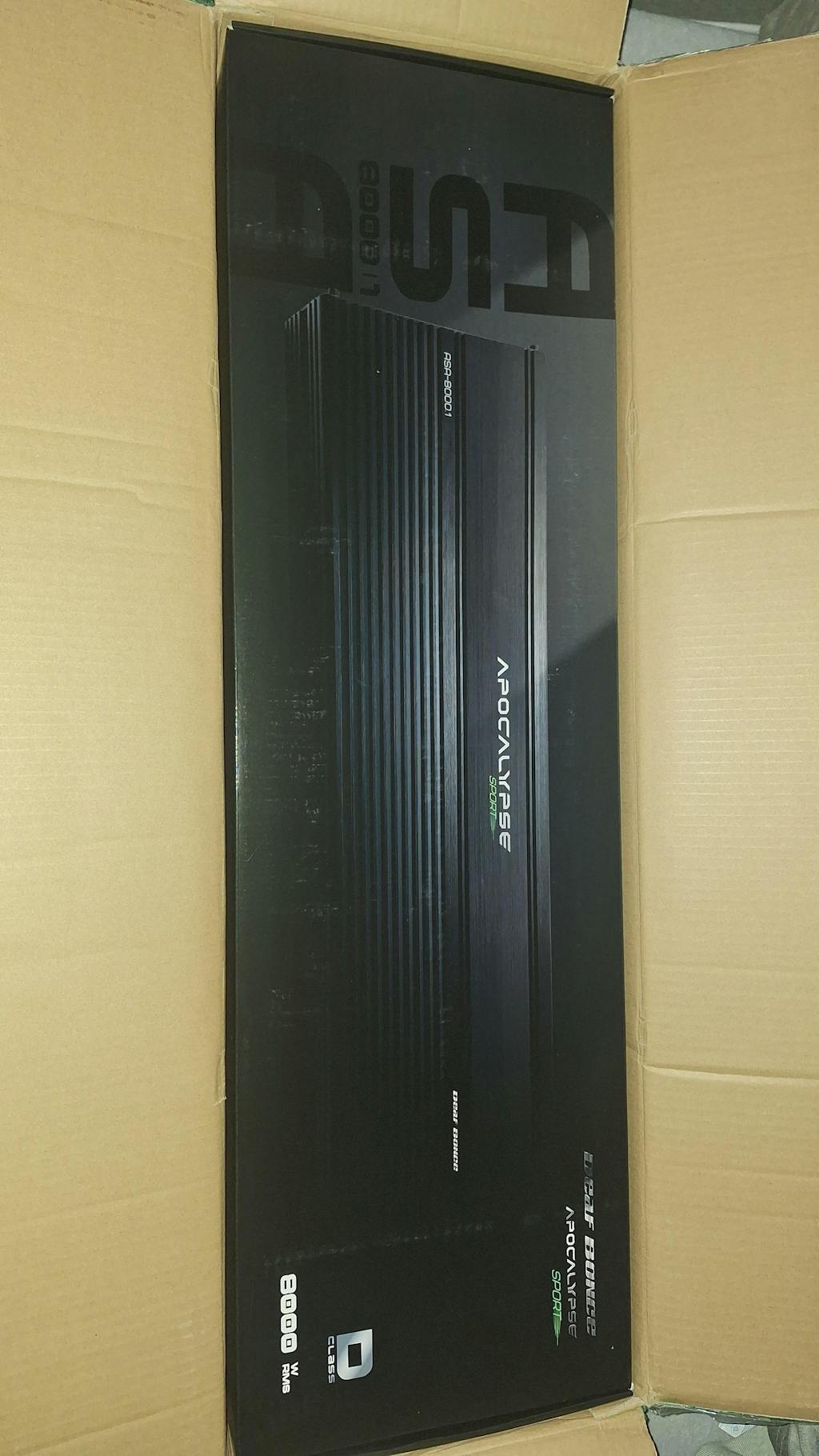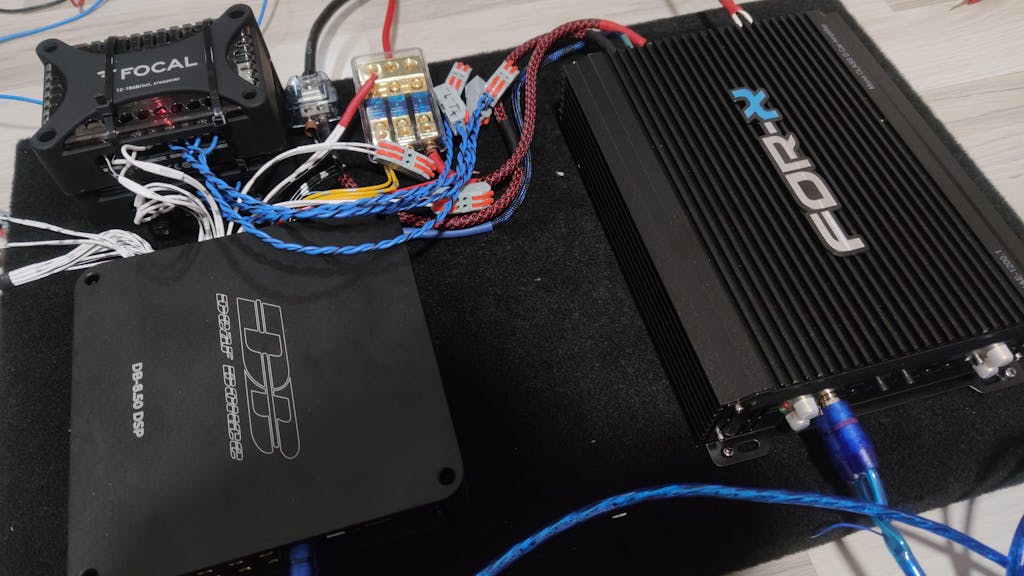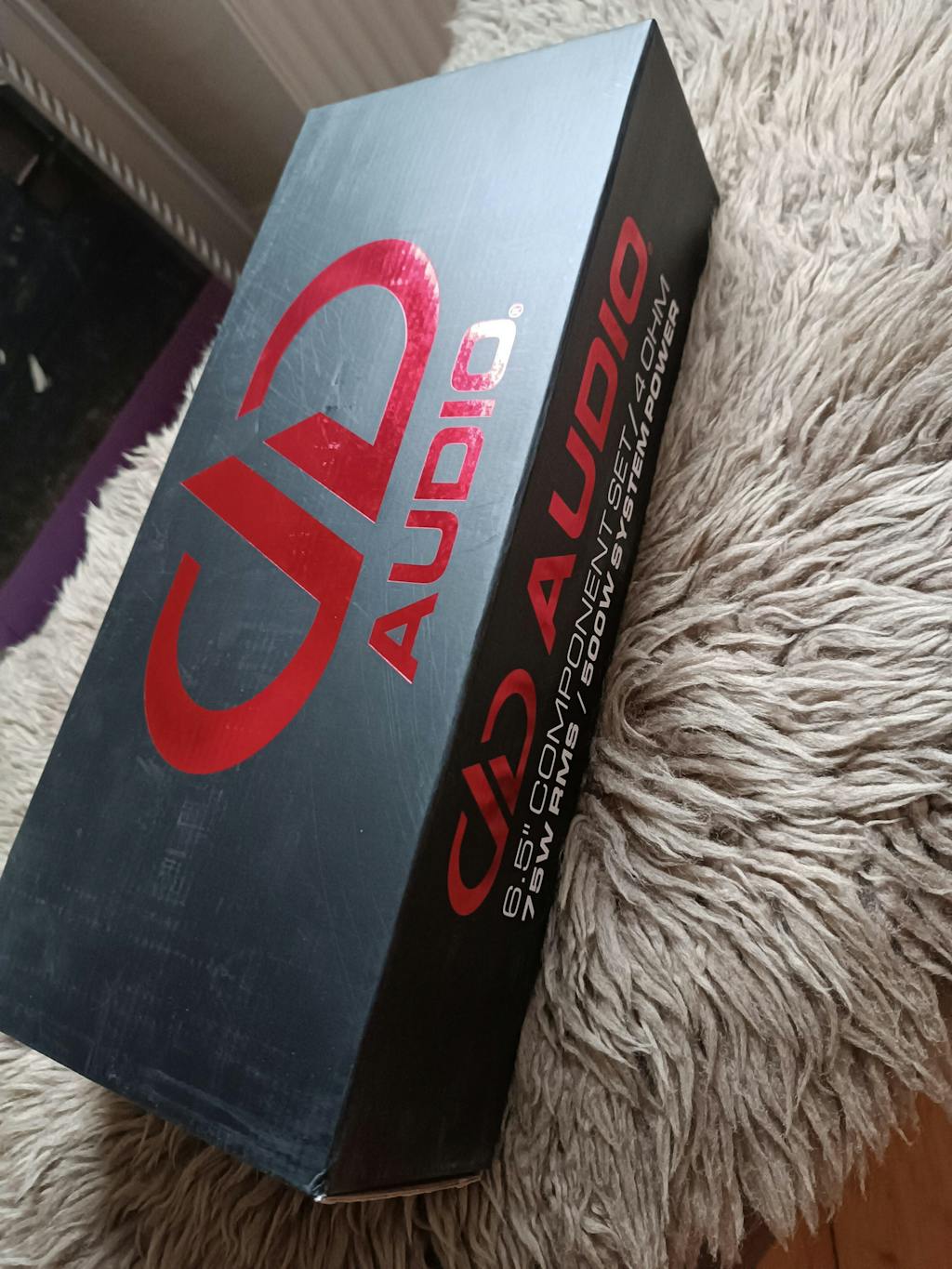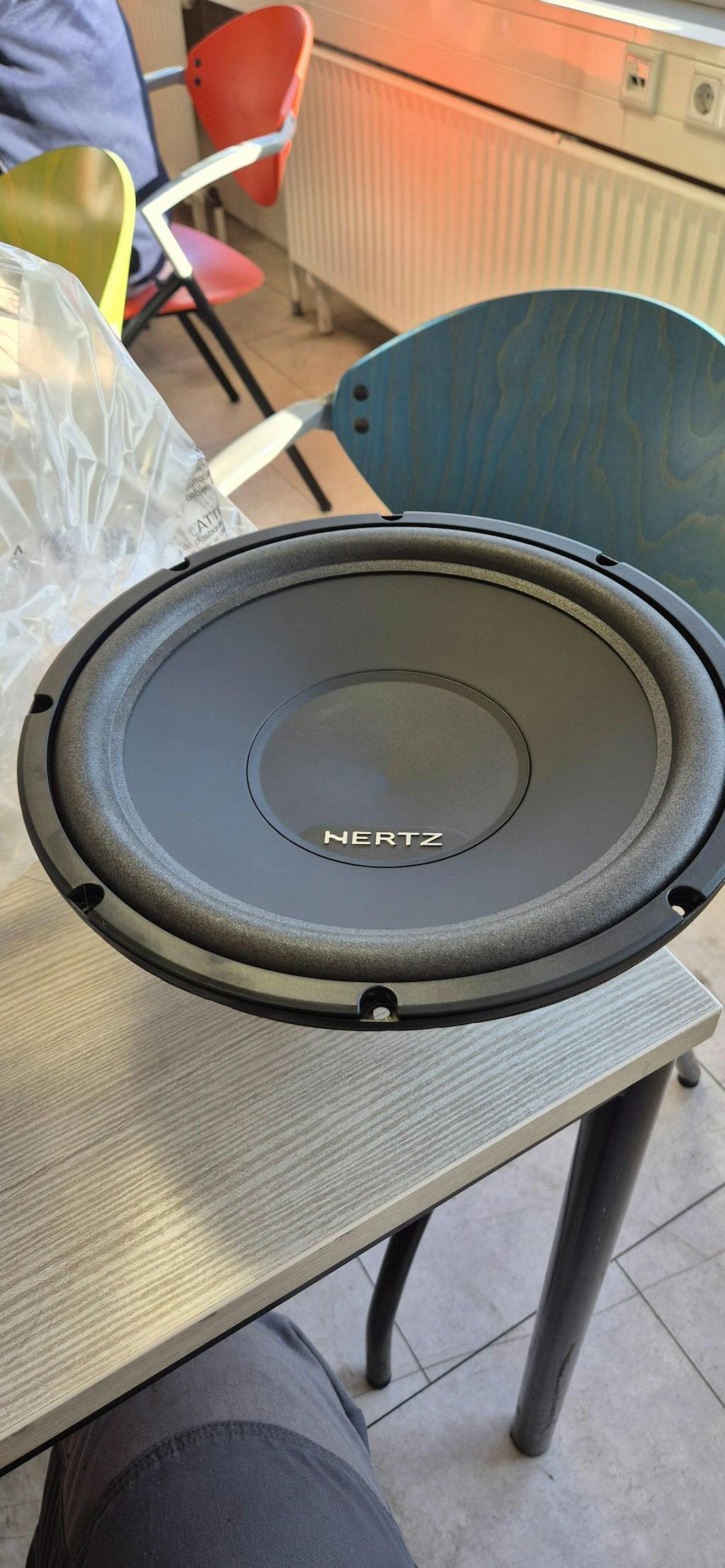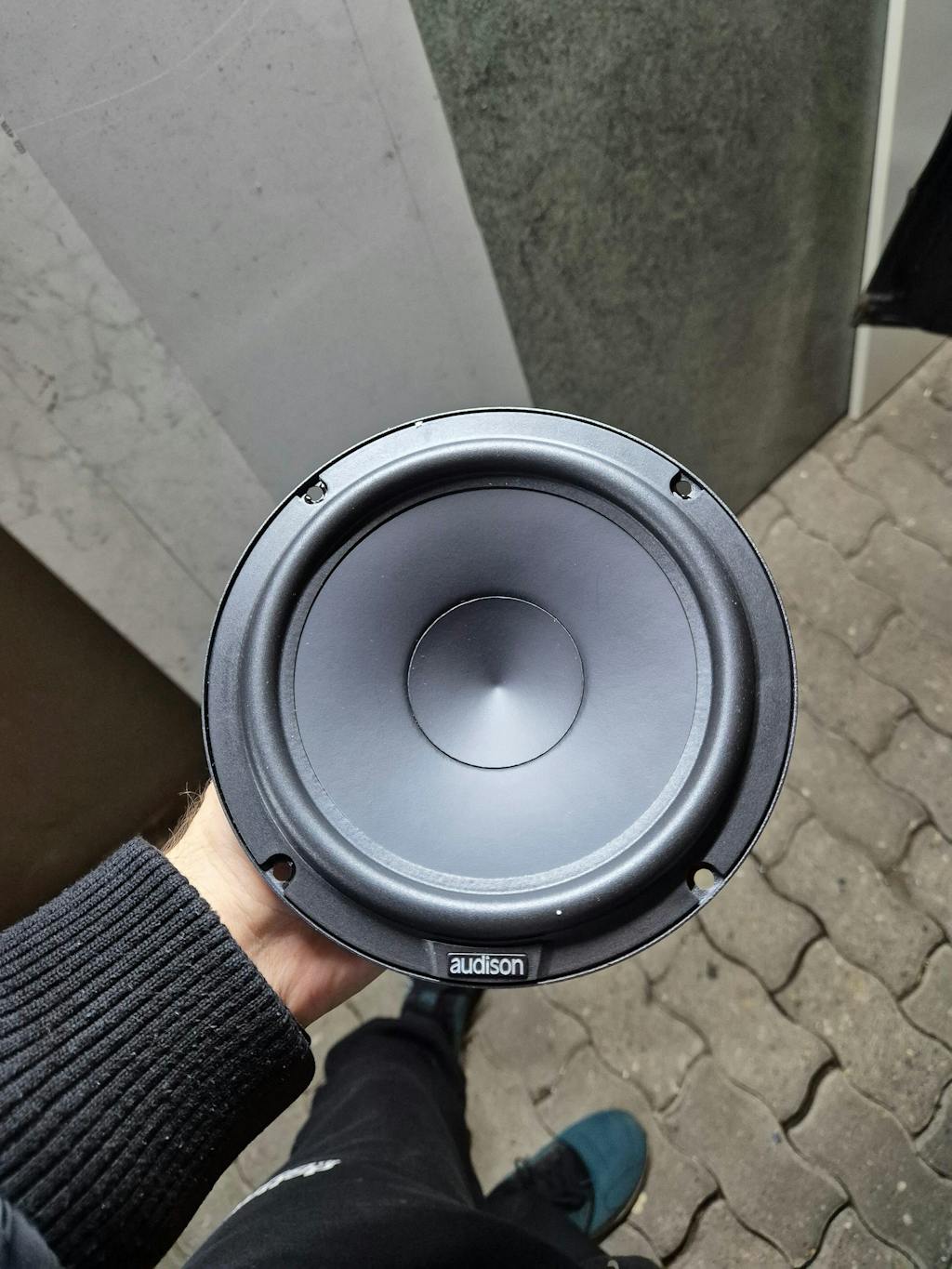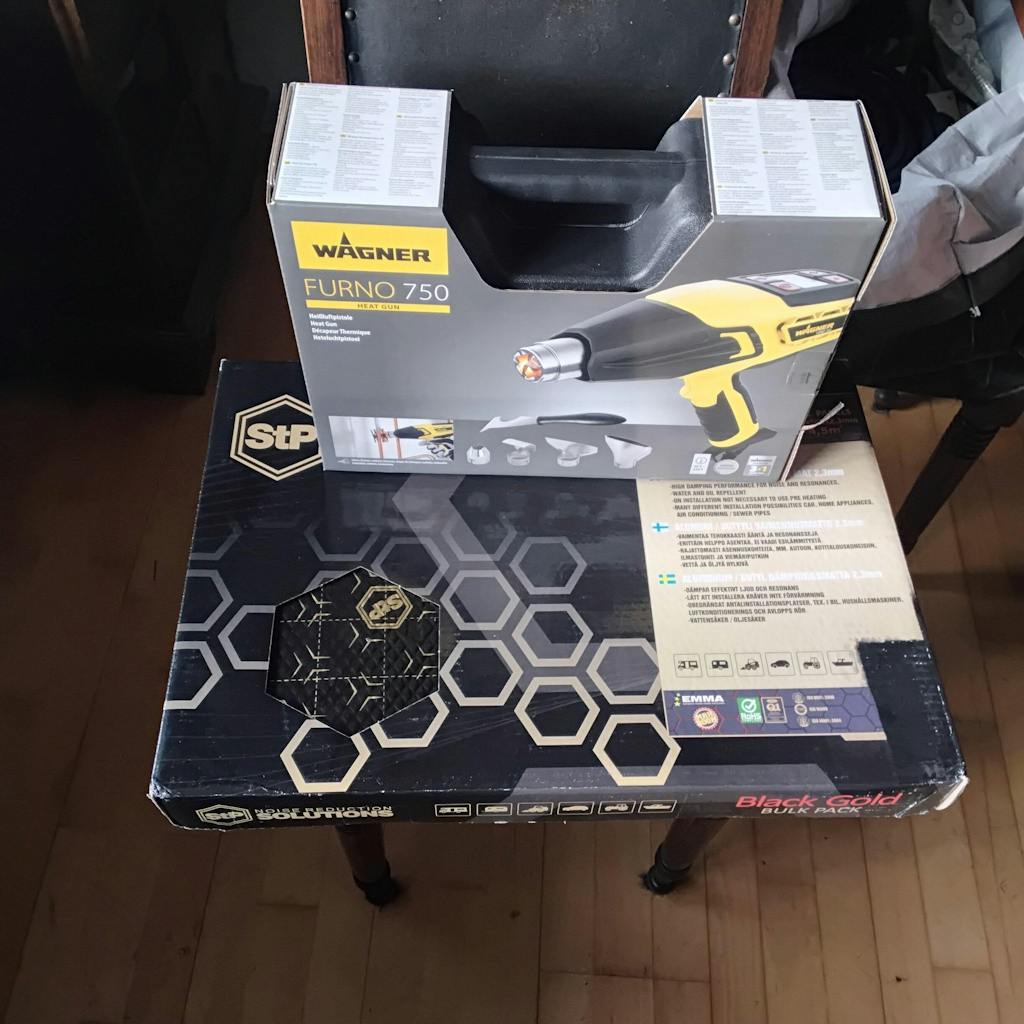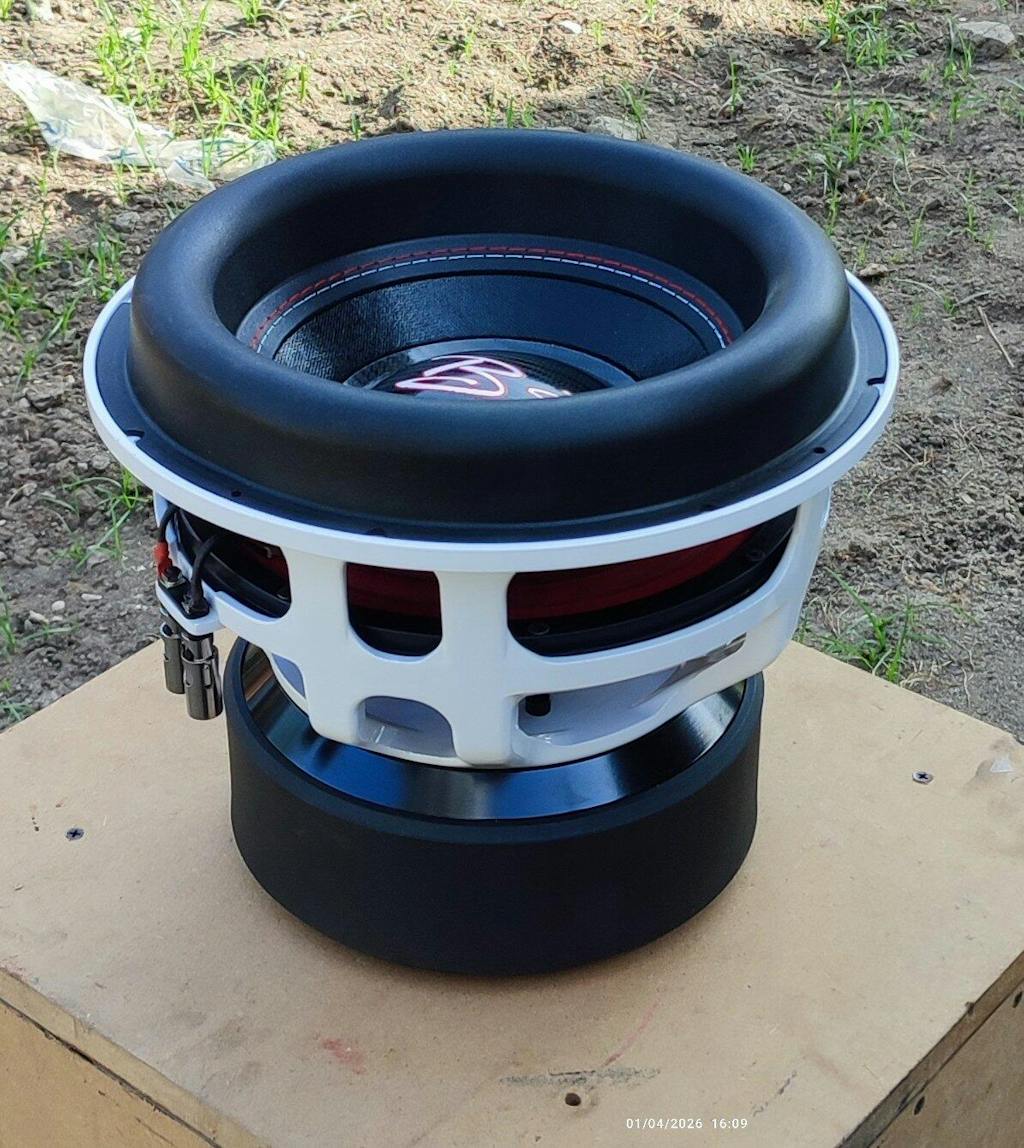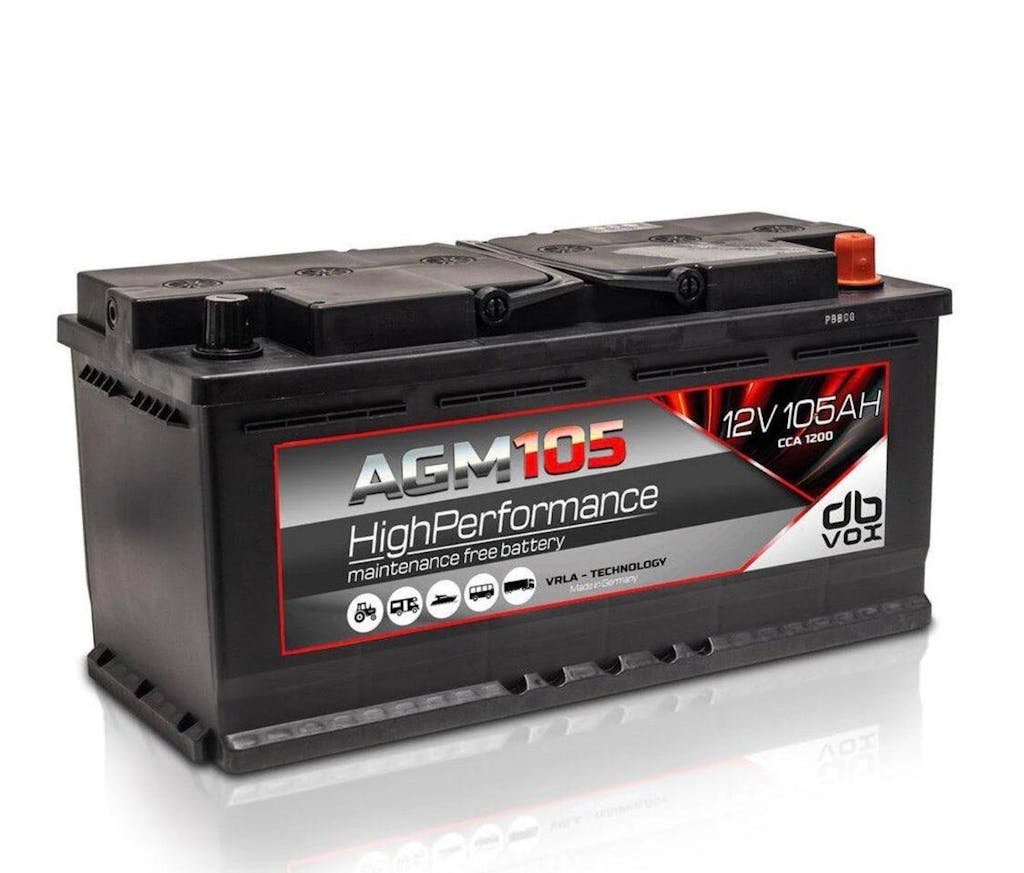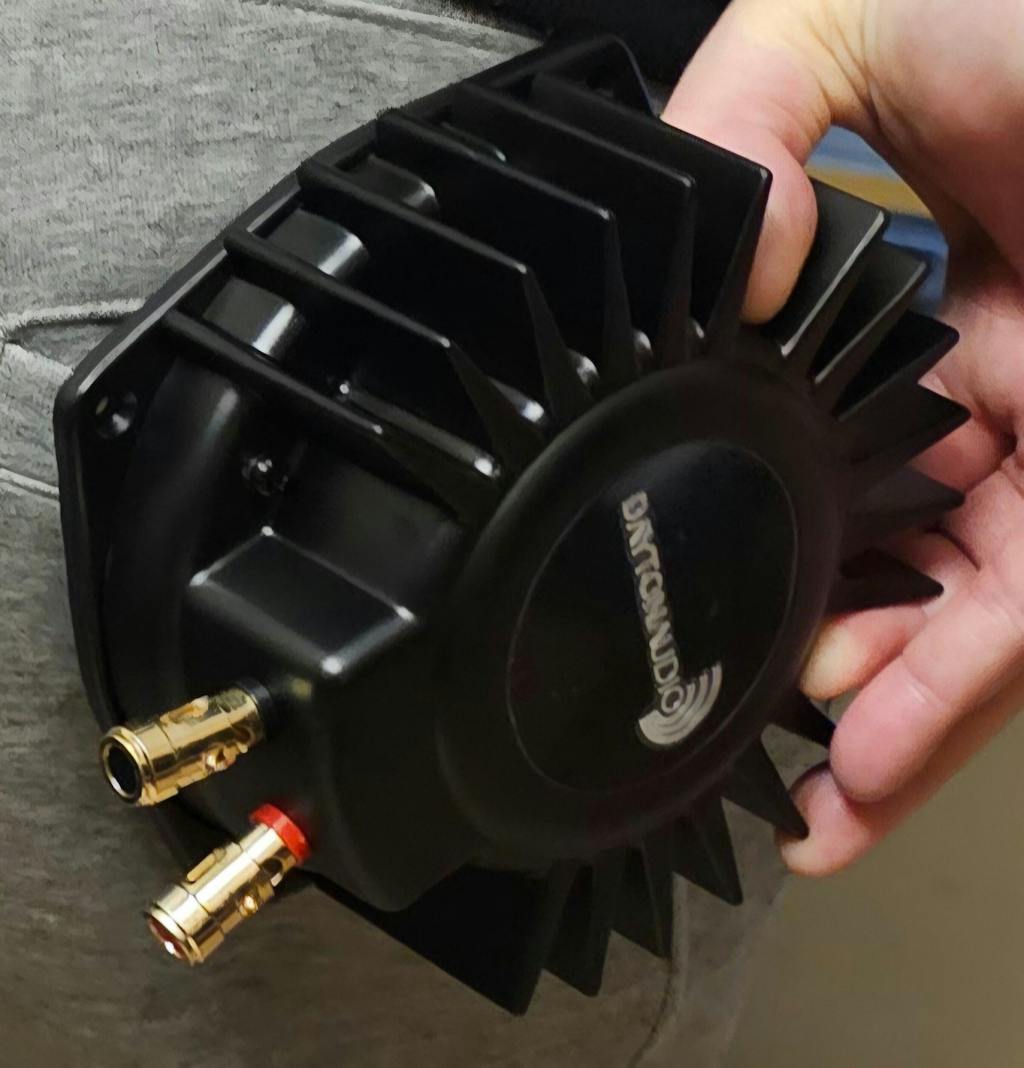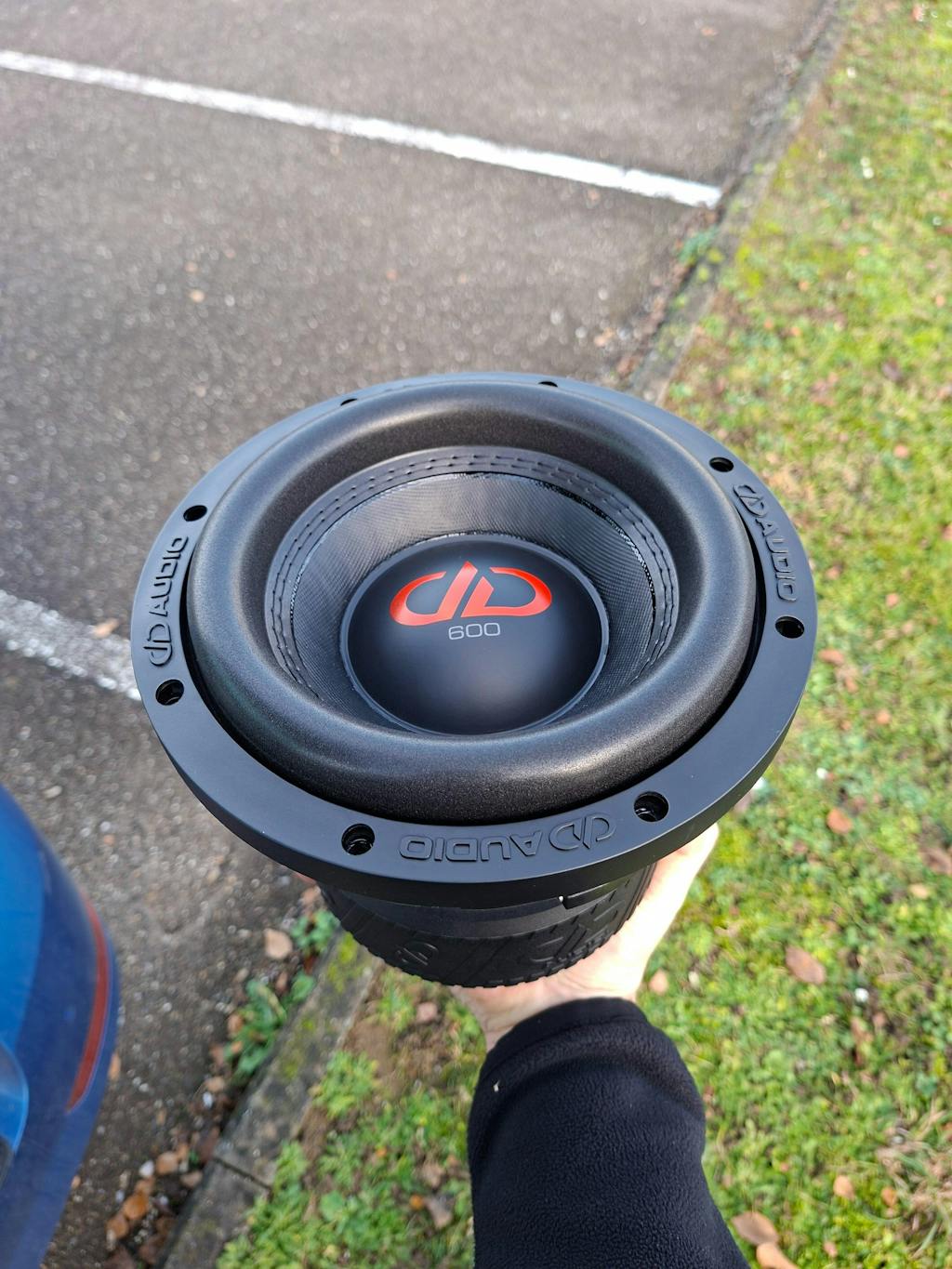Vehicle Search
-
LifePo4 13.2V Extra light 35Ah - LiFePO4

 Normal price From €299,00Normal price
Normal price From €299,00Normal price€299,00Selling price From €299,005% discount with prepaymentDelivery to HomeFeb 26, - Feb 27, -
Mini ISO LifePo4 13.2V Extra light 30Ah - LiFePO4

 Normal price €259,00Normal price
Normal price €259,00Normal price€259,00Selling price €259,005% discount with prepaymentDelivery to HomeFeb 26, - Feb 27, -

 Normal price €349,00Normal price
Normal price €349,00Normal price€349,00Selling price €349,005% discount with prepaymentDelivery to HomeFeb 24, - Feb 27, -
SALE -30%

 Normal price €349,30Normal price
Normal price €349,30Normal price€499,00Selling price €349,305% discount with prepaymentAvailable - Fast ShippingFeb 24, - Feb 25, -
LifePo4 13.2V Extra light 70Ah - LiFePO4

 Normal price €569,00Normal price
Normal price €569,00Normal price€569,00Selling price €569,005% discount with prepaymentDelivery to HomeFeb 26, - Feb 27, -
SALE -30%
UBL-12-50E 50Ah - LiFePO4 (B stock)

 Normal price €217,84Normal price
Normal price €217,84Normal price€311,20Selling price €217,845% discount with prepaymentAvailable - Fast ShippingFeb 24, - Feb 25, -
SALE -30%
Retro Pro 30 - 30Ah LiFePO4 (B stock)

 Normal price €391,51Normal price
Normal price €391,51Normal price€559,30Selling price €391,515% discount with prepaymentAvailable - Fast ShippingFeb 24, - Feb 25, -
SALE -30%
CS60X - 60Ah LiFePO4 Euro6 starter
 Normal price €696,50Normal price
Normal price €696,50Normal price€995,00Selling price €696,505% discount with prepaymentAvailable - Fast ShippingFeb 24, - Feb 25, -
Back again soonBack again soon
LifePo4 13.2V Extra light 20Ah M5 - LiFePO4

 Normal price €189,00Normal price
Normal price €189,00Normal price -
Back again soonBack again soon
LifePo4 13.2V Extra light 100Ah - LiFePO4

 Normal price €799,00Normal price
Normal price €799,00Normal price€799,00Selling price €799,005% discount with prepayment
Was sind die Vorteile von Lithium-Eisenphosphat-Batterien im Vergleich zu anderen Batterietypen?
Was sind die Vorteile von Lithium-Eisenphosphat-Batterien im Vergleich zu anderen Batterietypen?
Welche technischen Merkmale sind beim Kauf einer LiFePO4-Batterie besonders wichtig?
Welche technischen Merkmale sind beim Kauf einer LiFePO4-Batterie besonders wichtig?
Wie installiere ich LiFePO4-Batterien sicher in meinem Auto?
Wie installiere ich LiFePO4-Batterien sicher in meinem Auto?
Welche Vorteile haben LiFePO4-Batterien für Car-Audio-Systeme?
Welche Vorteile haben LiFePO4-Batterien für Car-Audio-Systeme?
Was benötige ich für den Einbau von LiFePO4-Batterien in meinem Fahrzeug?
Was benötige ich für den Einbau von LiFePO4-Batterien in meinem Fahrzeug?
Welche Marken von LiFePO4-Batterien sind für besondere Anforderungen empfehlenswert?
Welche Marken von LiFePO4-Batterien sind für besondere Anforderungen empfehlenswert?
Was genau macht ein Batteriemanagementsystem (BMS) in einer LiFePO4-Batterie?
Was genau macht ein Batteriemanagementsystem (BMS) in einer LiFePO4-Batterie?
In welchen Temperaturbereichen können LiFePO4-Batterien optimal eingesetzt werden?
In welchen Temperaturbereichen können LiFePO4-Batterien optimal eingesetzt werden?
Wie lange halten LiFePO4-Batterien und welche Faktoren beeinflussen ihre Lebensdauer?
Wie lange halten LiFePO4-Batterien und welche Faktoren beeinflussen ihre Lebensdauer?
Worin unterscheiden sich die Modelle von GS Audio, Ultimatron und CS-Batteries?
Worin unterscheiden sich die Modelle von GS Audio, Ultimatron und CS-Batteries?




















